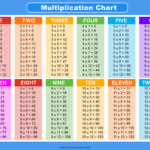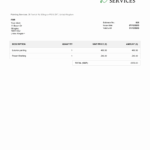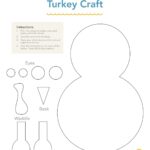Resources designed to facilitate the structured exploration of biblical texts and theological concepts, typically formatted for convenient printing and personal or group use, constitute a valuable tool for religious education. These materials can encompass a broad range of content, from in-depth analyses of specific scriptural passages to thematic studies addressing various aspects of faith and practice. For example, a guide might present questions for reflection on the Book of Romans, or offer a framework for understanding the concept of grace throughout the Old and New Testaments.
The value of readily accessible study guides lies in their capacity to promote deeper engagement with religious texts and to foster a more informed understanding of religious principles. Historically, the creation and distribution of such resources have played a significant role in both individual spiritual development and communal religious practice. Access to organized learning materials allows individuals to systematically explore complex theological themes and provides a foundation for meaningful discussions within religious communities.
Subsequent sections will delve into the various formats and content found within these readily available guides, the key components that contribute to their effectiveness, and practical considerations for selecting resources that align with specific learning objectives. Further examination will also consider the diverse platforms and publishers that provide access to these materials.









